On the morning of November 20, during the National Assembly's discussion in the hall on the results of monitoring the settlement of voters' petitions sent to the 5th session of the 15th National Assembly, Deputy Nguyen Anh Tri (Hanoi), former Director of the Central Institute of Hematology and Blood Transfusion, made a remarkable statement on the issue of medical examination and treatment for the people. The Deputy proposed to abolish hospital transfer papers to ease the suffering of patients; and to abolish the list of drugs covered by health insurance.
“The list of drugs and medical supplies must be decided by doctors and the medical industry. If the patient uses any drug or treatment regimen that is correct and effective, the health insurance must pay for it. Please do not have a list of drugs that are paid for by the health insurance anymore,” the delegate said.
Explaining again, Minister of Health Dao Hong Lan said that the problem of solving hospital overload has been explained by many generations of Ministers of Health .
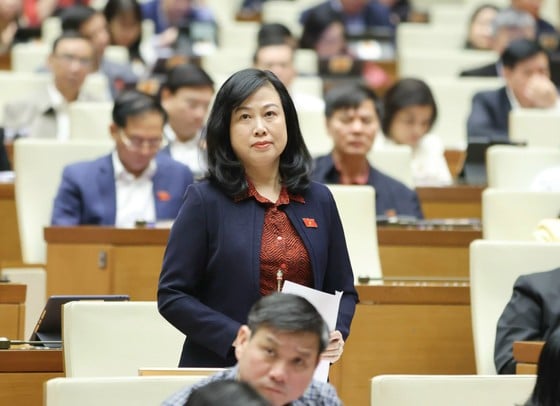 |
Minister of Health Dao Hong Lan speaks at the meeting on the morning of November 20. Photo: QUANG PHUC |
With the Law on Medical Examination and Treatment, the old law stipulates that medical examination and treatment are divided into 4 levels, while the new law divides it into 3 levels, clearly stating the conditions for which level is allowed to examine and treat at what level, based on the facility's ability to respond and the patient's condition. Since 2014, the transfer from lower to higher levels had to be sequential, but by 2016, it was connected to the district level and by 2021, it was connected to the inpatient health insurance system at provincial hospitals nationwide (people with health insurance cards who receive inpatient treatment outside the line at provincial hospitals nationwide are entitled to the same benefits as the right line).
The Minister said that the transfer of facilities to facilitate people has been basically resolved, the remaining issue is whether people can go directly from district and provincial levels to the central level or not. The Minister of Health affirmed that the transfer of facilities must ensure that it meets the people's medical examination and treatment needs and the medical examination and treatment capacity of each level, avoiding overload when going to higher levels.
Currently, referrals are divided into two streams: from lower-level to higher-level facilities if the facility cannot meet the medical examination and treatment needs of the people; and from higher-level to lower-level facilities when the disease is stable, ensuring long-term treatment.
However, to reduce administrative procedures, the Ministry of Health will accept and is focusing on using electronic referrals to relieve difficulties for people.
Directly answering the question "Can we abolish the referral form?", the Minister of Health emphasized the role of the referral form is very specific, stating clearly the condition, treatment history as well as the medical record, whether it is paper or electronic, it is very necessary. The Ministry of Health is researching the use of electronic referral forms and electronic medical records to reduce procedures for patients.
Regarding drugs covered by health insurance, Minister Dao Hong Lan said that the list of health insurance drugs is regularly updated. In 2024, the Ministry of Health will issue a circular to update this list, ensuring enough drugs to meet the treatment needs of the people and to manage the Health Insurance Fund. Vietnam is considered one of the countries with the best list of health insurance drugs provided to patients.
Delegate Nguyen Huu Thong ( Binh Thuan ) pointed out the current situation during the Covid-19 outbreak, units that borrowed goods, medical supplies, and disinfectant chemicals from suppliers and private enterprises have not yet paid due to procedural problems. The delegate requested the Government and the Ministry of Health to soon provide guidance. This is also the issue raised by Delegate Nguyen Lan Hieu (Binh Dinh), Director of Hanoi Medical University Hospital.
Explaining again, Minister Dao Hong Lan said that in the regulations on procurement and bidding, there are no regulations on borrowing, but in the context of an unprecedented epidemic, ensuring people's lives is above all and first of all, so in reality, there are advances and borrowing to ensure the need for medical treatment and testing. Resolution 99 of the National Assembly assigned the Government to soon have measures for this issue before December 31, 2024, but this is a difficult task, the Ministry of Health is coordinating with the People's Committees of provinces and cities to implement. The Ministry of Health has issued 2 official dispatches requesting localities to report on the borrowing situation.
Synthesis from 48 localities and 7 ministries and branches shows that the amount of borrowing is about 1,693 billion VND, of which 754 billion VND is borrowed for drugs and biological products, 939 billion VND is borrowed for test kits. From there, the Ministry of Health classifies the forms of borrowing, such as whether there is a contract or not, whether there is a price negotiation or not... to have a thorough handling plan. Currently, the Ministry is assigning units to develop a plan.
“Because there are no legal regulations, the Government will report to the National Assembly Standing Committee for a handling mechanism to help hospitals overcome difficulties,” the Minister of Health said, emphasizing that the revised Law on Medical Examination and Treatment has included the form of borrowing and advance payment of medical equipment and supplies, and units are working on detailed instructions for this to be implemented long-term.
Regarding the shortage of drugs and medical supplies in some medical facilities that many delegates are concerned about, Minister of Health Dao Hong Lan said that recently, the National Assembly and the Government have supported the removal of mechanisms and policies to ensure the procurement of drugs and supplies. The Minister cited that while other fields require 3 quotations, with drugs and medical supplies, sometimes only 1 quotation is needed; in necessary cases, not the lowest price can still be purchased if clarified by the scientific council. Or the Law on Bidding (amended) has many special procurement mechanisms. The National Assembly's Resolution also removes obstacles to the supply of drugs and medical equipment.
The Minister said that currently, the problems related to supply sources and policy mechanisms have been resolved. However, there are still problems when many officials at the grassroots level are still confused about the implementation of bidding. The decentralization of authority at the local level is still inadequate, not ensuring the shortening of procedures, leading to a prolonged time. In fact, at the local level, many establishments assign bidding units but the officials directly implementing the bidding are doctors, the procurement mechanism is not clear, so the process is still confusing. Then there is the issue of decentralization and delegation of authority, such as the Ministry of Health decentralizing all procurement to units within the ministry.
Meanwhile, some localities have decentralized units to purchase up to 100 million VND, if higher, it must be submitted to the Department of Finance, to the province for approval, and it takes longer. Therefore, the Minister requested the People's Committees of provinces and cities to review to ensure management but still give initiative to the facilities and units in the implementation process.
Source










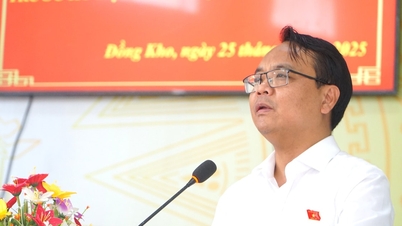

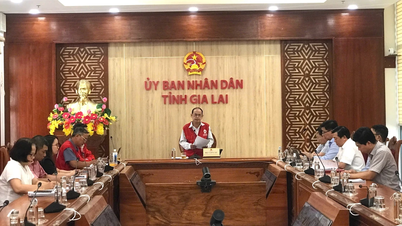



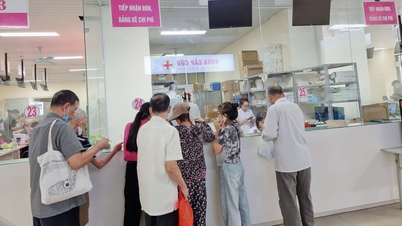



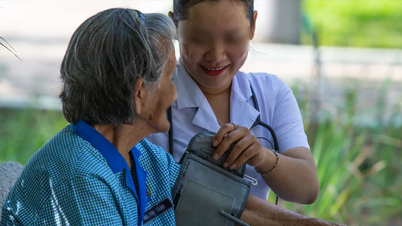
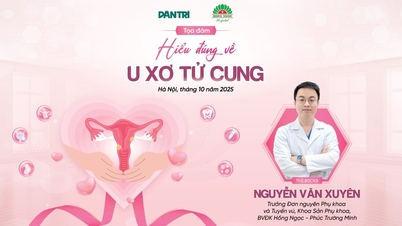









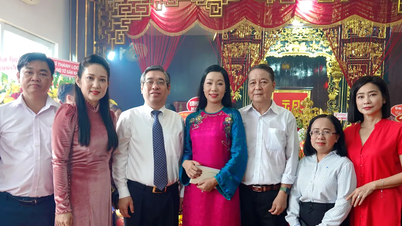
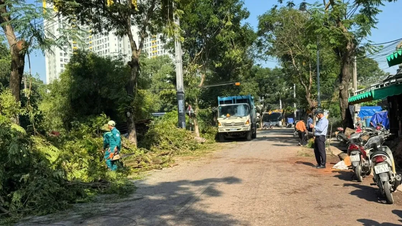

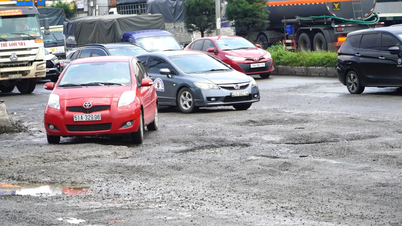

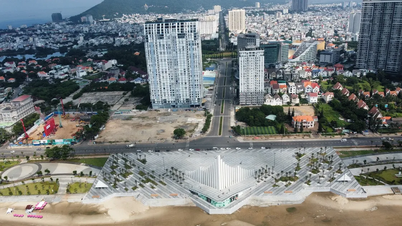












































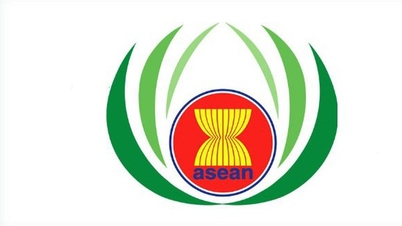



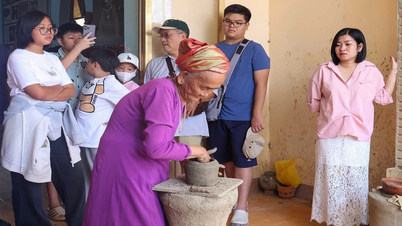

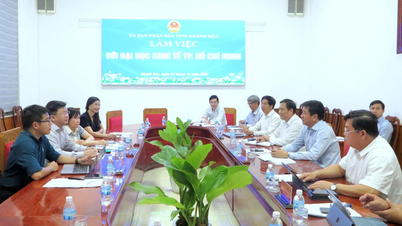
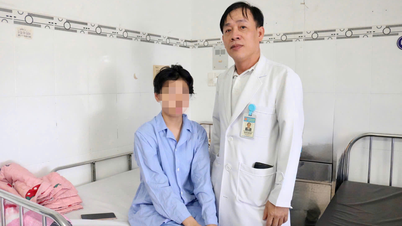
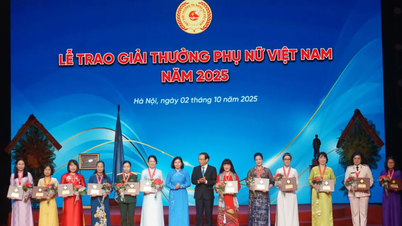
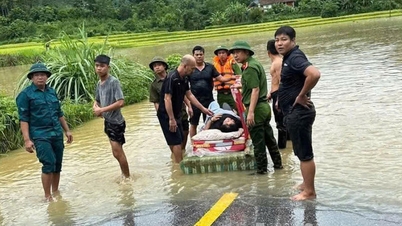














Comment (0)